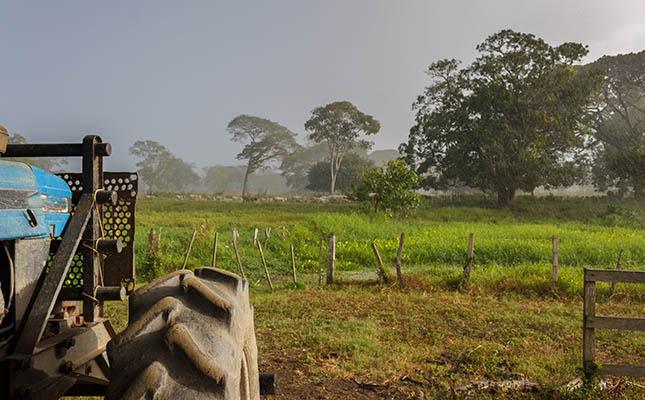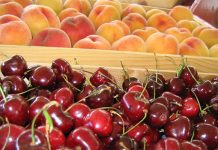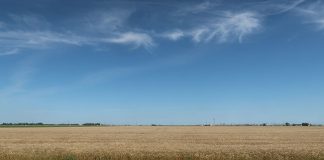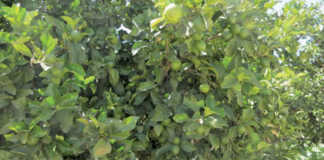
Photo: Adobe Stock
The Venezuelan agricultural industry is on the brink of collapse as a result of the mismanagement of oil reserves in that country, as well as US sanctions.
As hunger sweeps the nation, crops are being left to rot in the fields as they cannot be harvested and transported due to fuel shortages, which have reached crisis proportions.
Ricardo Hausmann, a Harvard University economist and former Venezuelan planning minister, estimated that Venezuela’s overall farming output had decreased by about 90% from the average levels achieved in 2005, with fuel shortages further compounding the problem.
“The planted area is the smallest we’ve seen in decades,” he said, calling it a “systemic collapse” of the sector’s supply chain.
“The shortages are now a collective catastrophe,” according to the governor of Táchira state, Laidy Gomez.
“The losses are incalculable to the agriculture sector,” she said.
These sentiments were being echoed by farmers: “While I’m sitting here in line, my produce is rotting in the fields,” local farmer Richard Rondón said “I got nothing to harvest with”.
The situation was further exacerbated by US sanction that were imposed against Petróleos de Venezuela SA (PDVSA), the Venezuelan state-owned oil and natural gas company, in an attempt to force President Nicolás Maduro to resign and put opposition leader Juan Guaidó in power.
In rural areas many farmers make their livelihoods from crops such as potatoes, carrots, onions, tomatoes and peppers.
In the municipality of Pueblo Llano in the Andes, where 60% of all potato and carrot production in Venezuela takes place, only half of the volumes harvested last year were realised this year, due to the fuel shortage and other challenges such as a lack of seeds and fertiliser, according to the local farmers’ cooperative, La Trinidad.
Despite Venezuela having the largest oil reserves in the world, there had been a steep drop in production. The US Energy Information Administration predicted that oil production could fall to one million barrels per day in coming months, and to 700 000 barrels per day by December.
“As the supply of [fuel] dwindles, critical shipments needed for agriculture such as pesticides have been cut off,” said Alfredo Quiroz, an oil industry expert.
“It can’t be possible that the country is going without food and here we are with 6 000ha of vegetables, [and are] paralyzed,” said the head of Pueblo Llano’s La Trinidad cooperative, Augusto Alarcón.













